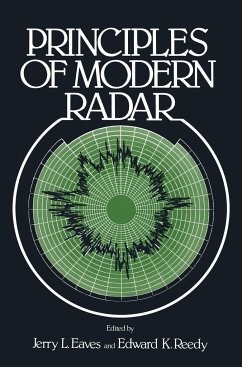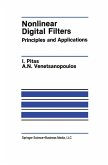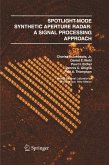This book, Principles of Modern Radar, has as its genesis a Georgia Tech short course of the same title. This short course has been presented an nually at Georgia Tech since 1969, and a very comprehensive set of course notes has evolved during that seventeen year period. The 1986 edition of these notes ran to 22 chapters, and all of the authors involved, except Mr. Barrett, were full time members of the Georgia Tech research faculty. After considerable encouragement from various persons at the university and within the radar community, we undertook the task of editing the course notes for formal publication. The contents of the book that ensued tend to be practical in nature, since each contributing author is a practicing engineer or scientist and each was selected to write on a topic embraced by his area(s) of expertise. Prime examples are Chaps. 2, 5, and 10, which were authored by E. F. Knott, G. W. Ewell, and N. C. Currie, respectively. Each of these three researchers is rec ognized in the radar community as an expert in the technical area that his chap ter addresses, and each had already authored and published a major book on his subject. Several other contributing authors, including Dr. Bodnar, Mr. Bruder, Mr. Corriher, Dr. Reedy, Dr. Trebits, and Mr. Scheer, also have major book publications to their credit.








